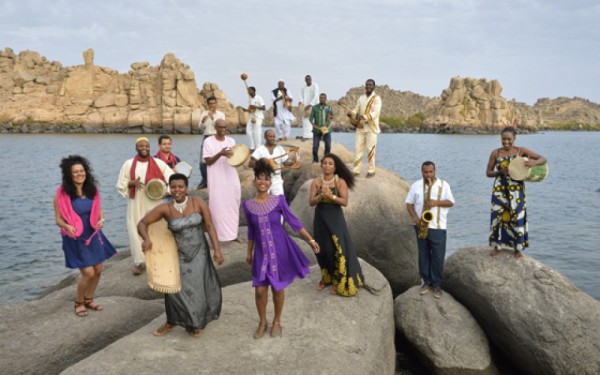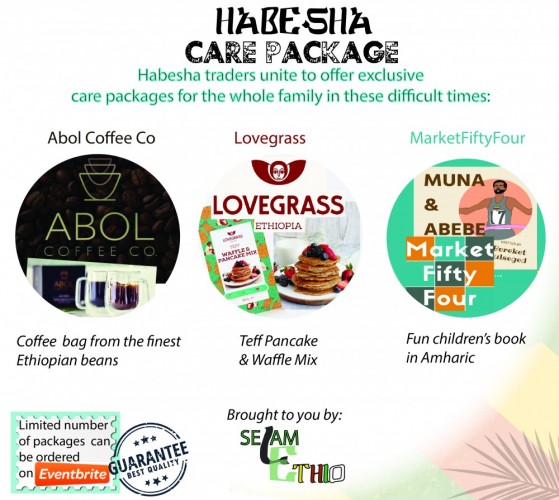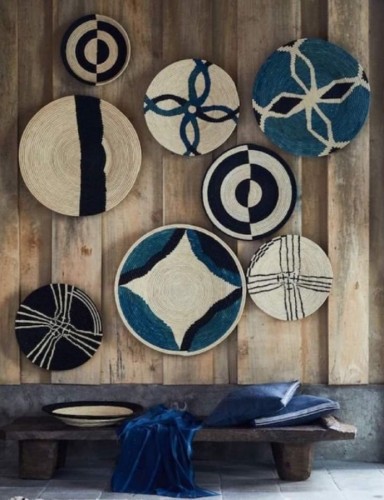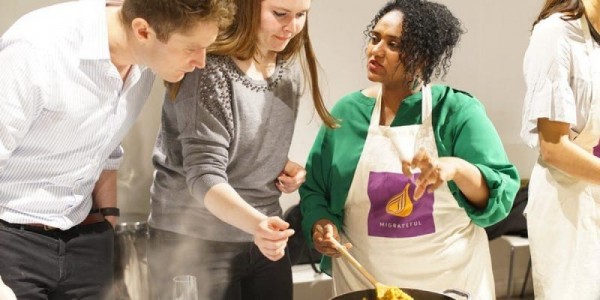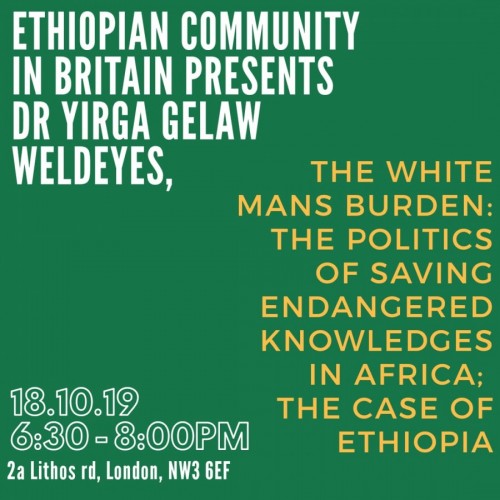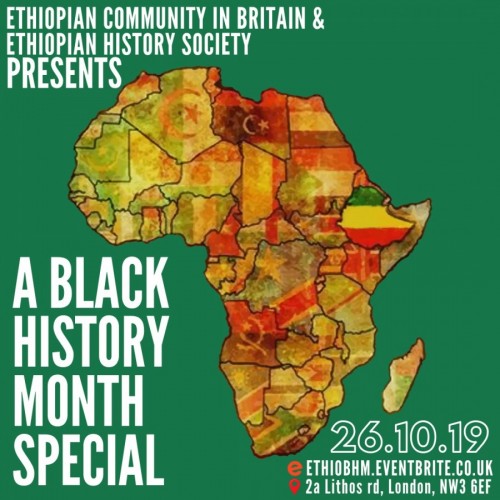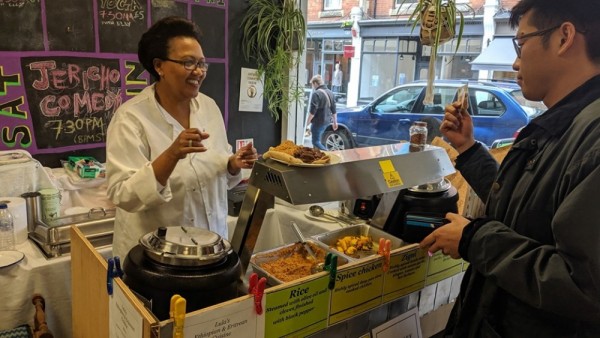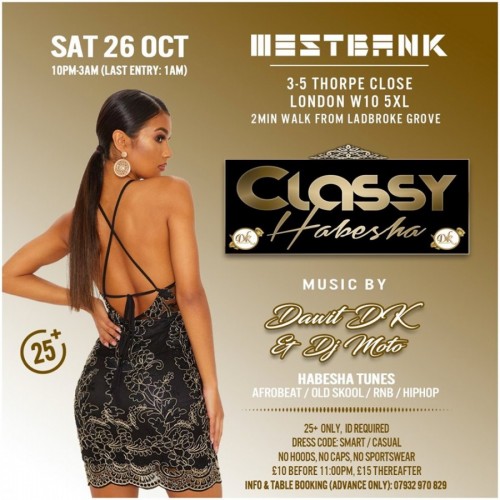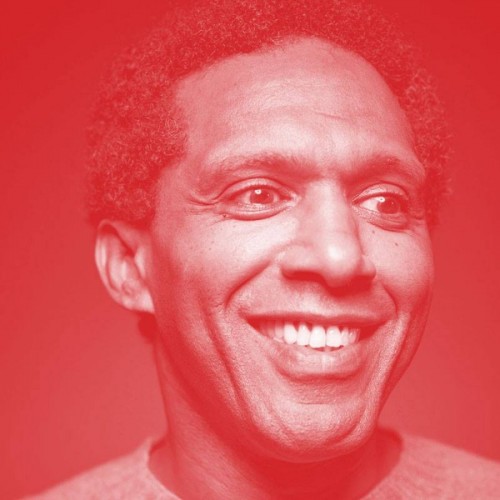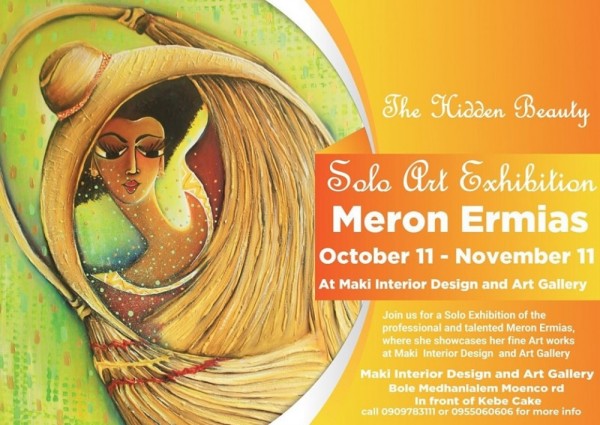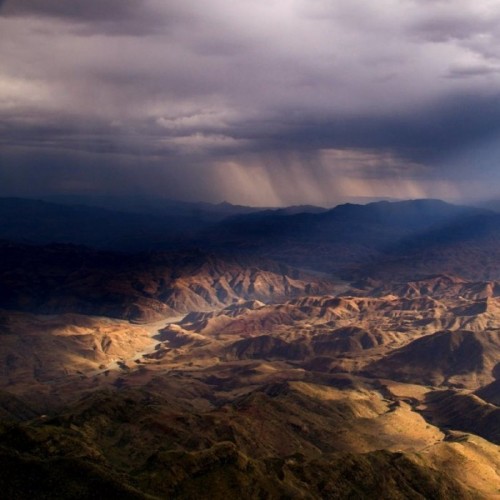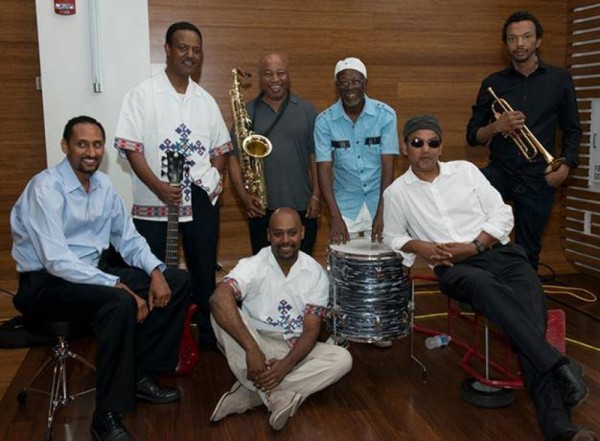The Nile Project USA Tour 2015 - 10.04.15
The group’s vocalists sing in eleven different languages, connecting pointed melodies with rich modal traditions. Brooklyn-based singer/songwriter Alsarah (Sarah Mohamed Abunama Elgadi ’04) was born in Khartoum, the capital city of Sudan. Lyrical topics range from the deeply personal to party anthems, exploring themes of identity, regional solidarity, intercultural relationships both between and within their respective homelands, local music scenes, and living in the diaspora.
A powerful, polyrhythmic percussion section drives the collective, which reunites instruments of ancient common ancestries, and merges new ones. The plucked harp (lyre) and spike fiddle have formed the heart and soul of the region’s musical identity for millennia, and modern versions of both instruments are found in every country along the Nile Basin. Highlighting the unique timbres of these instruments, the plucked harp is represented by the Sudanese masankop, Ugandan adungu, and Egyptian simsimiyya and tamboura, while the spike fiddle manifests as the Ethiopian masenko and Ugandan endingidi. These instruments are joined by complementary sounds from their respective traditions, including the Ethiopian saxophone, Egyptian ney (end-blown flute), oud (lute), and violin, and the bass guitar.
At 4,200 miles long, the world’s longest river runs through the political boundaries of eleven countries and touches the lives of 437 million people, yielding an enormous range of songs and dances which express stories, emotions, and daily life. For millennia, the Nile has nourished lands of human, ecological, and cultural beauty; but over the past century, East Africa’s leaders have struggled to find ways to preserve and share this critical resource. Founded by Egyptian ethnomusicologist Mina Girgis and Ethiopian-American singer Meklit Hadero in 2011, and partly inspired by Yo-Yo Ma’s Silk Road Project, The Nile Project responds to these challenges by inspiring, educating, and empowering citizens to work together to foster the sustainability of their shared ecosystem.
The collective first gathered for a two-week residency in Aswan, Egypt in January 2013. An innovative model for cross-cultural dialogue and cooperation, the group exposed African audiences to the cultures of their neighbors, and provided a space for them to create a shared Nile identity. Their second residency took place in Kampala, Uganda in January and February 2014, followed by a tour to Tanzania, Kenya, Ethiopia, and Egypt.
A Crowell Concert Series event presented by the Music Department and the Center for the Arts.
